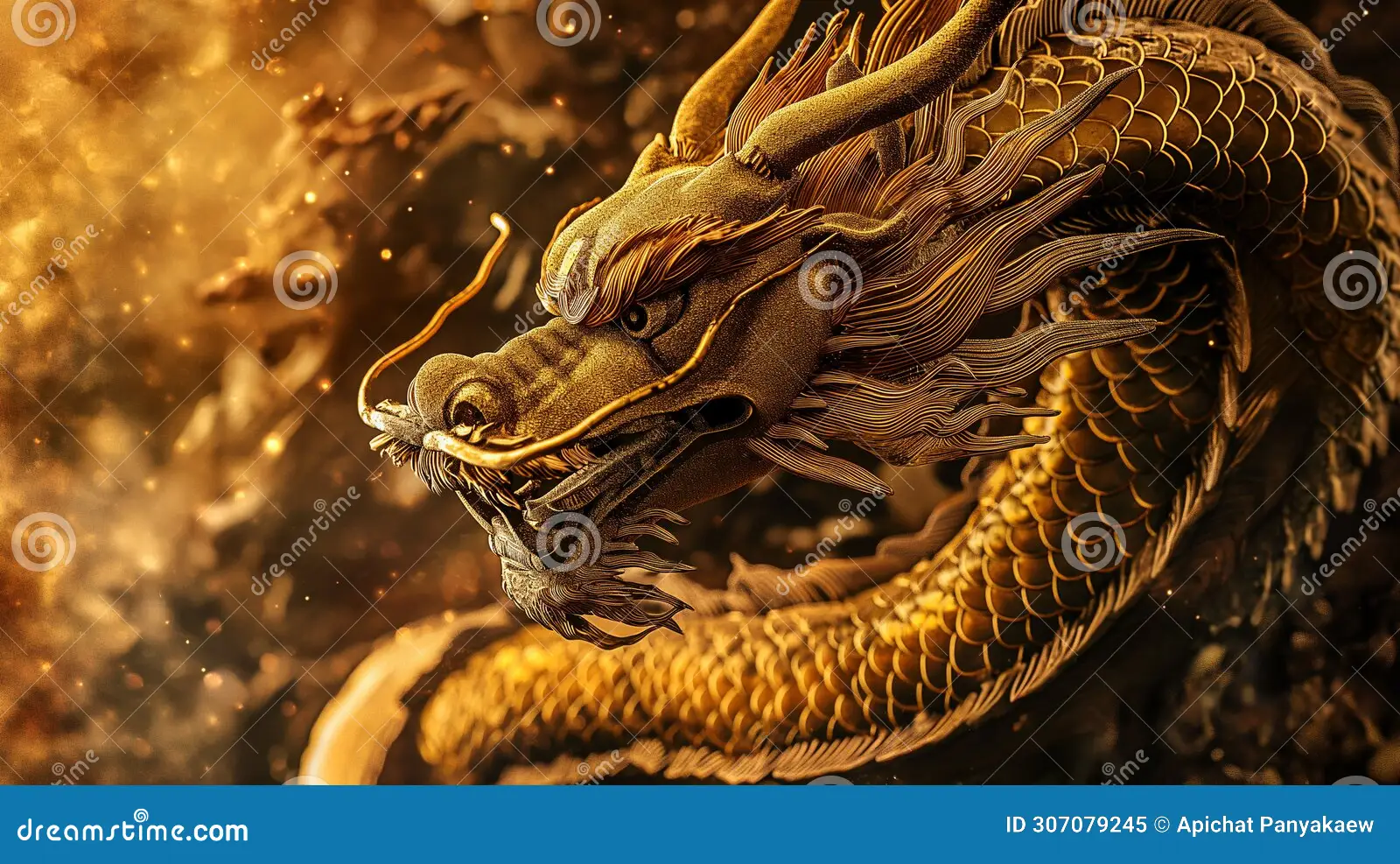The term Goldendragon carries deep symbolism, blending elements of mythology, tradition, and modern innovation. In many cultures, dragons are revered as powerful, mystical beings, while the golden hue signifies wealth, prosperity, and divine energy. Together, the concept of Goldendragon represents strength, success, and cultural pride. Today, this name extends beyond ancient legends, appearing in global businesses, culinary traditions, literature, and even technology branding.
Historical Significance of Goldendragon
Throughout history, dragons have been celebrated as protectors, guardians, and symbols of wisdom. The Goldendragon stands out because gold not only enhances the dragon’s might but also reflects abundance and victory. In Asian cultures, especially in China, golden dragons were linked to emperors and rulers, representing ultimate authority. Statues, paintings, and architectural carvings of golden dragons were believed to attract prosperity and good fortune.
In European folklore, dragons were often seen as fierce opponents to be conquered, but the golden dragon often symbolized the ultimate test of bravery. The myths surrounding Goldendragon reveal a universal theme: courage, transformation, and reward.
Goldendragon in Eastern Traditions
In Chinese mythology, the Goldendragon is a celestial being associated with the heavens. Unlike Western dragons, which were often depicted as destructive, the golden dragon was benevolent, bringing rain, fertility, and balance. It became a recurring emblem during festivals, especially the Lunar New Year, where golden dragon dances symbolize blessings and the expulsion of evil spirits.
In Japanese culture, golden dragons are linked to water and wisdom, while in Indian mythology, dragon-like beings embody cosmic power. Across Asia, Goldendragon remains a powerful cultural motif, deeply tied to prosperity and spiritual strength.
Goldendragon in Western Culture
The Goldendragon also has a strong place in Western traditions. From medieval stories to modern fantasy novels, golden dragons are often portrayed as rare, majestic, and nearly invincible. They symbolize intelligence, courage, and wealth. Knights and heroes who set out to defeat a golden dragon were seen as embarking on quests of ultimate honor.
In contemporary literature and films, golden dragons frequently appear as wise mentors or guardians, guiding characters toward self-discovery. Their presence in fantasy role-playing games like Dungeons & Dragons further highlights their influence in Western imagination.
Goldendragon in Modern Business and Branding
Today, Goldendragon is more than just a mythical creature; it’s a strong brand identity. Many businesses use the name to signify excellence, trust, and success. For instance, restaurants often adopt the name Goldendragon to evoke exotic flavors, luxury, and authenticity. In the tech world, Goldendragon has been used to represent cutting-edge solutions, strength in innovation, and global vision.
This association with prosperity makes the name appealing across industries such as hospitality, fashion, gaming, and finance. The golden dragon motif continues to resonate with consumers who associate it with reliability and prestige.
Goldendragon in Cuisine
One of the most common modern uses of Goldendragon is in the culinary world. Many Chinese and Asian restaurants proudly bear the name, symbolizing good luck and delicious food. A Goldendragon restaurant often highlights traditional dishes infused with modern flavors, offering customers not just a meal but a cultural experience.
The golden dragon on restaurant logos or menus reflects warmth, abundance, and celebration. It makes dining feel more than just an act of eating—it becomes part of a cultural journey.
Symbolism of Goldendragon
The Goldendragon embodies a variety of symbolic meanings:
-
Strength and Protection: Known as a guardian figure, it offers safety and courage.
-
Wisdom and Knowledge: Often depicted as intelligent and all-knowing, the golden dragon is a source of guidance.
-
Prosperity and Success: Gold naturally links to wealth, making the Goldendragon a symbol of abundance.
-
Transformation and Renewal: Myths often tell of heroes who face dragons, emerge victorious, and transform their destiny.
This wide range of meanings explains why Goldendragon continues to inspire art, architecture, and modern branding.
Goldendragon in Popular Culture
From movies to video games, Goldendragon frequently captures global imagination. Fantasy series often portray golden dragons as rare and revered creatures. In video games, they are usually end-game bosses or allies of extraordinary power.
Even in music and art, golden dragons appear as motifs symbolizing freedom, fire, and creative energy. Their timeless presence shows how mythology continues to influence storytelling today.
Why Goldendragon Remains Relevant
Despite its ancient origins, Goldendragon is more relevant today than ever before. In a world where people seek meaning, inspiration, and connection, the golden dragon continues to serve as a universal symbol of hope and achievement. Its adaptability across cultures, industries, and art forms ensures that it remains a source of fascination and respect.
Conclusion
The Goldendragon is more than a mythical being—it’s a powerful emblem of prosperity, wisdom, and cultural pride. From ancient traditions to modern branding, the golden dragon continues to inspire individuals and businesses worldwide. Its role in mythology, cuisine, literature, and popular culture shows that it is not just a relic of the past but a timeless symbol of strength and success.
As long as humanity values stories, symbolism, and inspiration, the legend of Goldendragon will remain unshakable.

